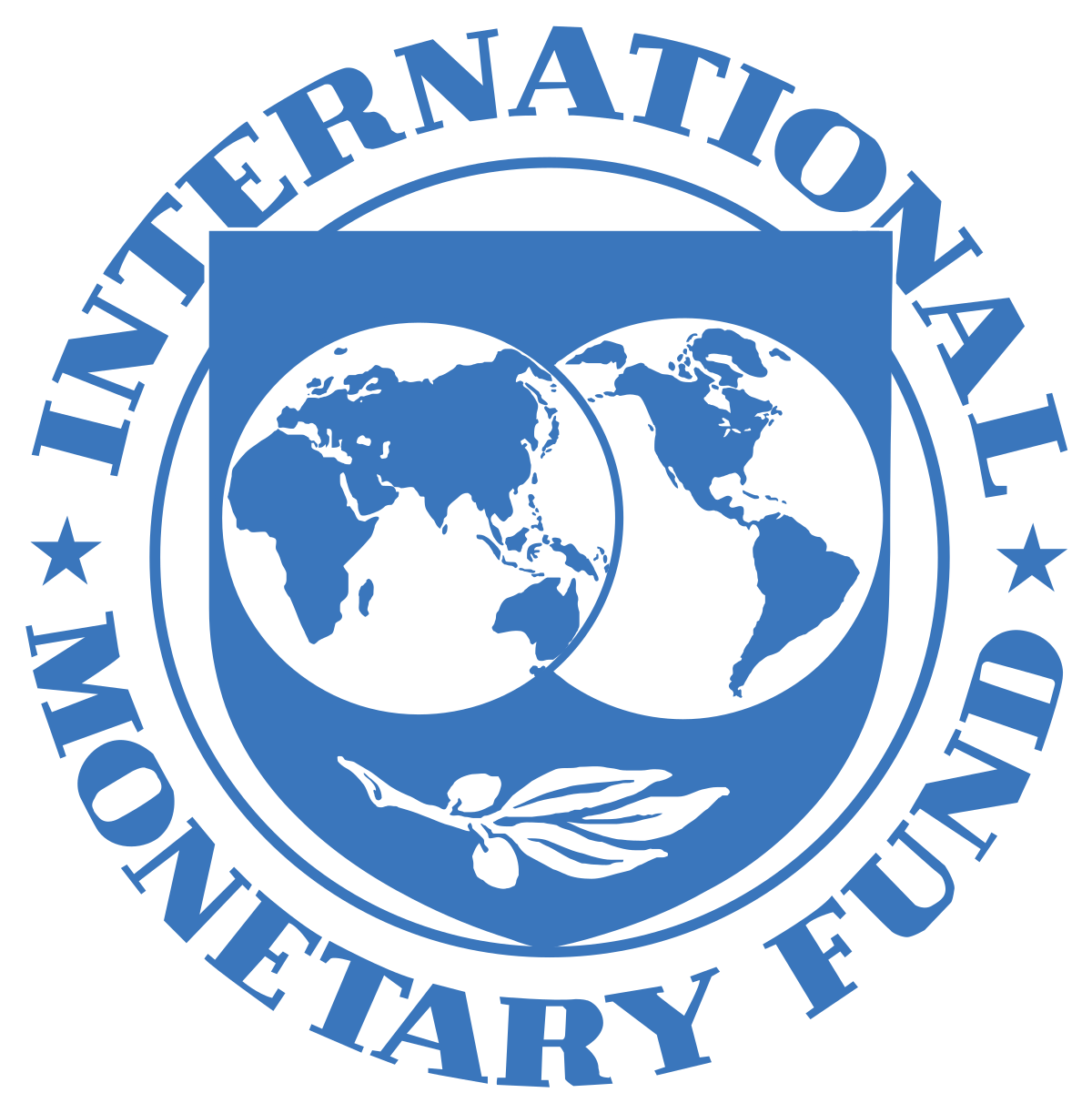
The Pakistani government is very optimistic after the recent agreement with the International Monetary Fund (IMF) and has announced a new three-year, medium-term debt management strategy aimed at raising foreign official and commercial loans and securing debt relief from commercial creditors. However, this strategy is a little too optimistic.
The plan announced by the government aims to “meet Pakistan’s external financing needs through long tenor bonds and concessional multilateral flows as it attempts to reduce the increasing share of short-term loans in the foreign debt stock. It emphasises efforts for fresh commercial loans in three-year or longer rollover tenures, instead of the existing one-year tenures to increase the average time to maturity of debt.”
As an editorial in Dawn noted, “the strategy assumes that the agreement will immediately unlock held-up foreign inflows.” And Pakistani “expectations of international debt markets opening widely to Pakistan and giving it access to fresh long tenor debt and re-profiling its existing obligations, or multilateral and bilateral partners releasing big amounts soon, are exaggerated.”
Pakistan’s ability to secure the kind of liquidity the country requires will hinge on its ability to obtain a long-term funding programme from the IMF after the elections. However, “the success of negotiations with the IMF for its fresh, bigger loan will depend on the execution of the new Stand-by Arrangement with the IMF — both in the lead-up to and in the aftermath of elections, as well as political stability.”
Over the next nine months, the duration of the IMF SBA loan, every creditor, not just the IMF, will closely watch Pakistan to see if the country “is diligently executing the reforms agenda and maintaining fiscal discipline to avoid another liquidity crunch in the near to medium term.”
As the editorial in Dawn noted, “Pakistan requires significantly large external financing to meet its monetary needs in the next few years. But unless it gets a bigger IMF programme, its ability to raise funds from its partners and commercial creditors will remain constrained no matter how meticulous the debt strategy is.”
![]()





